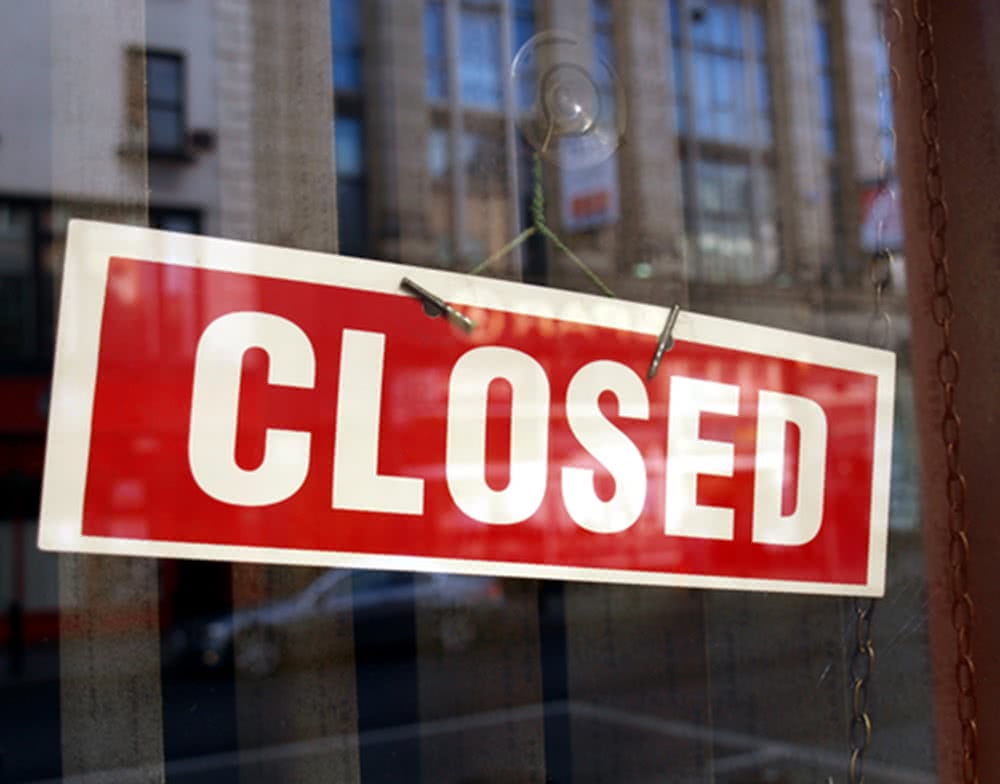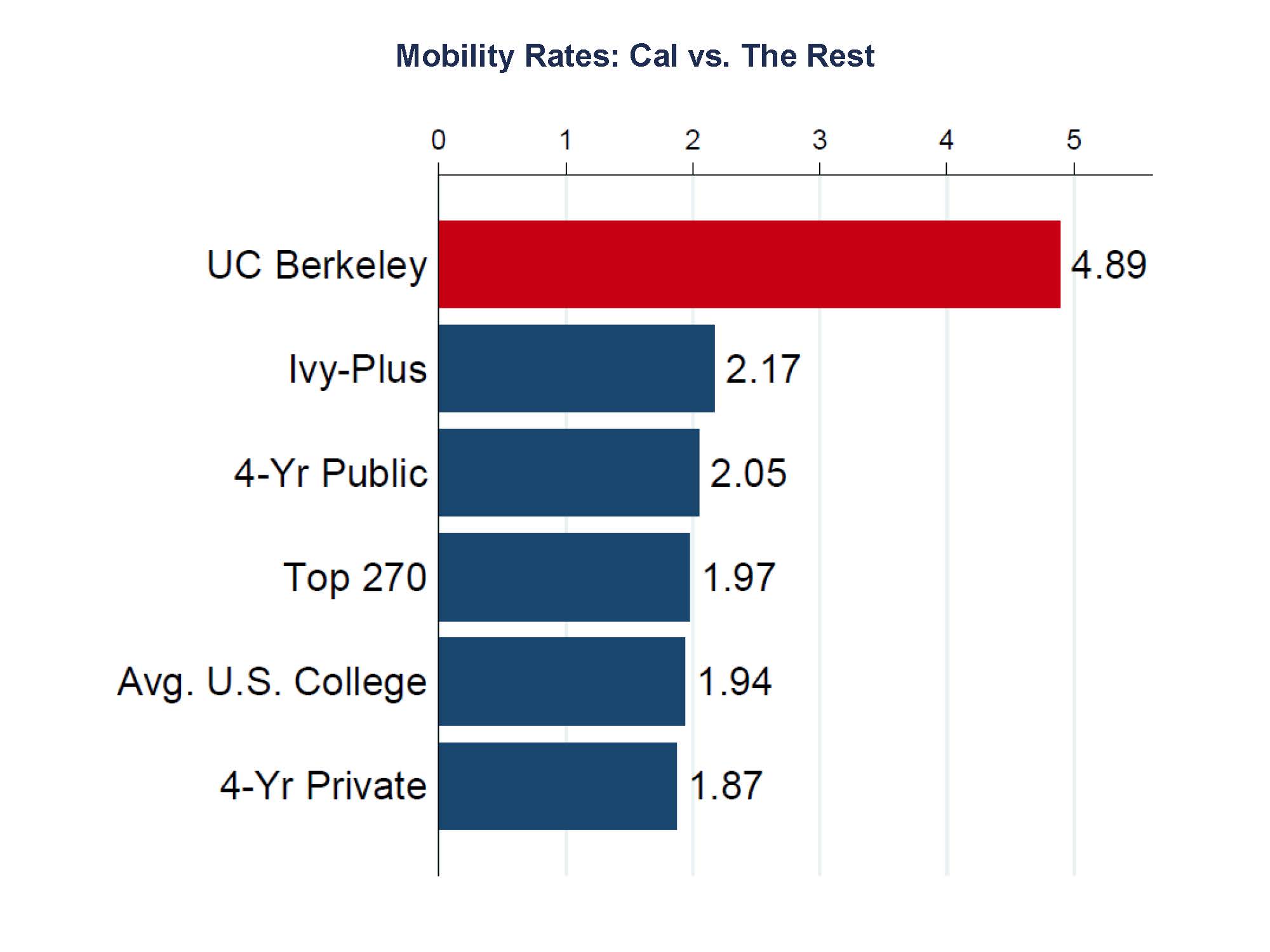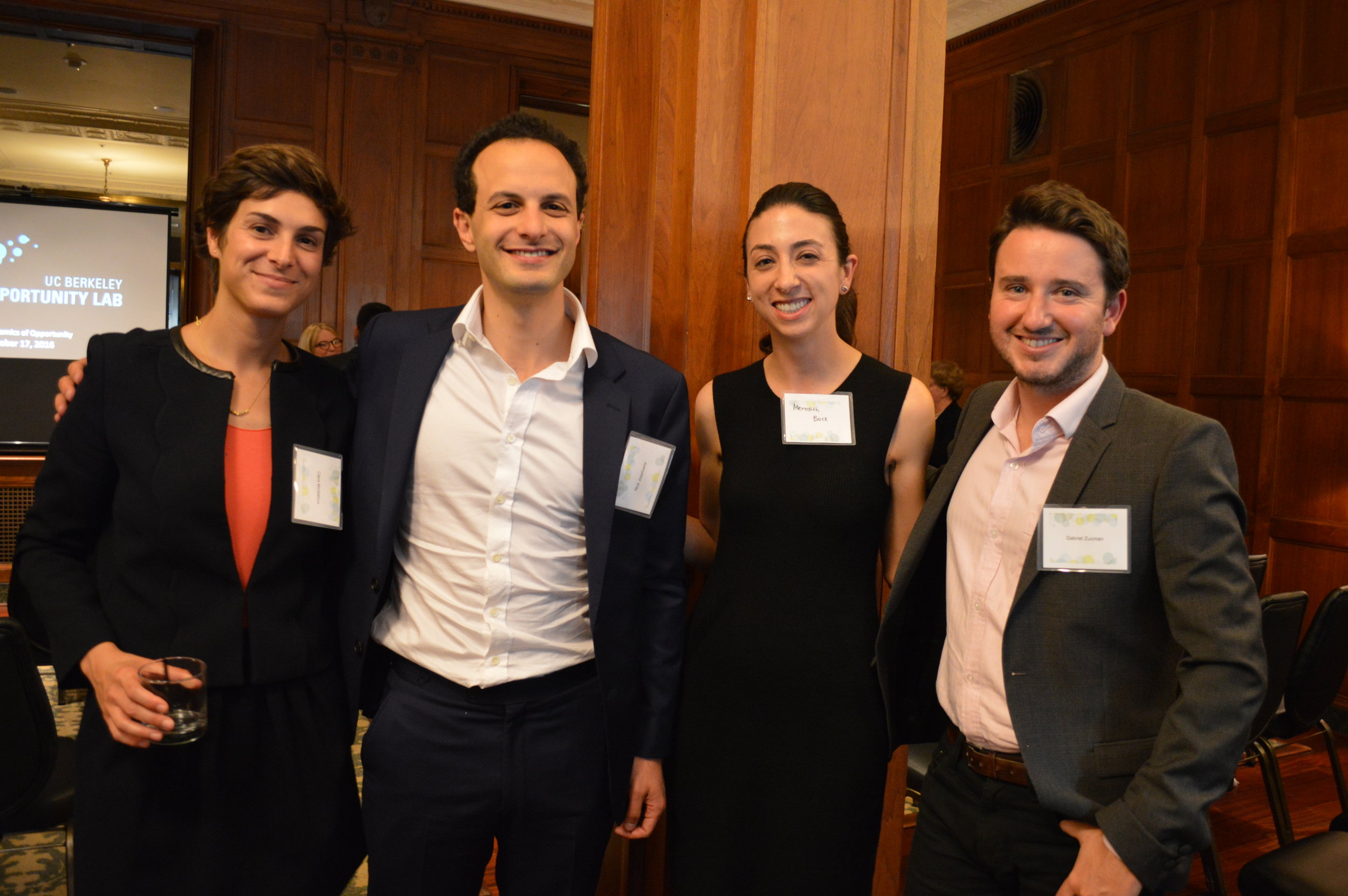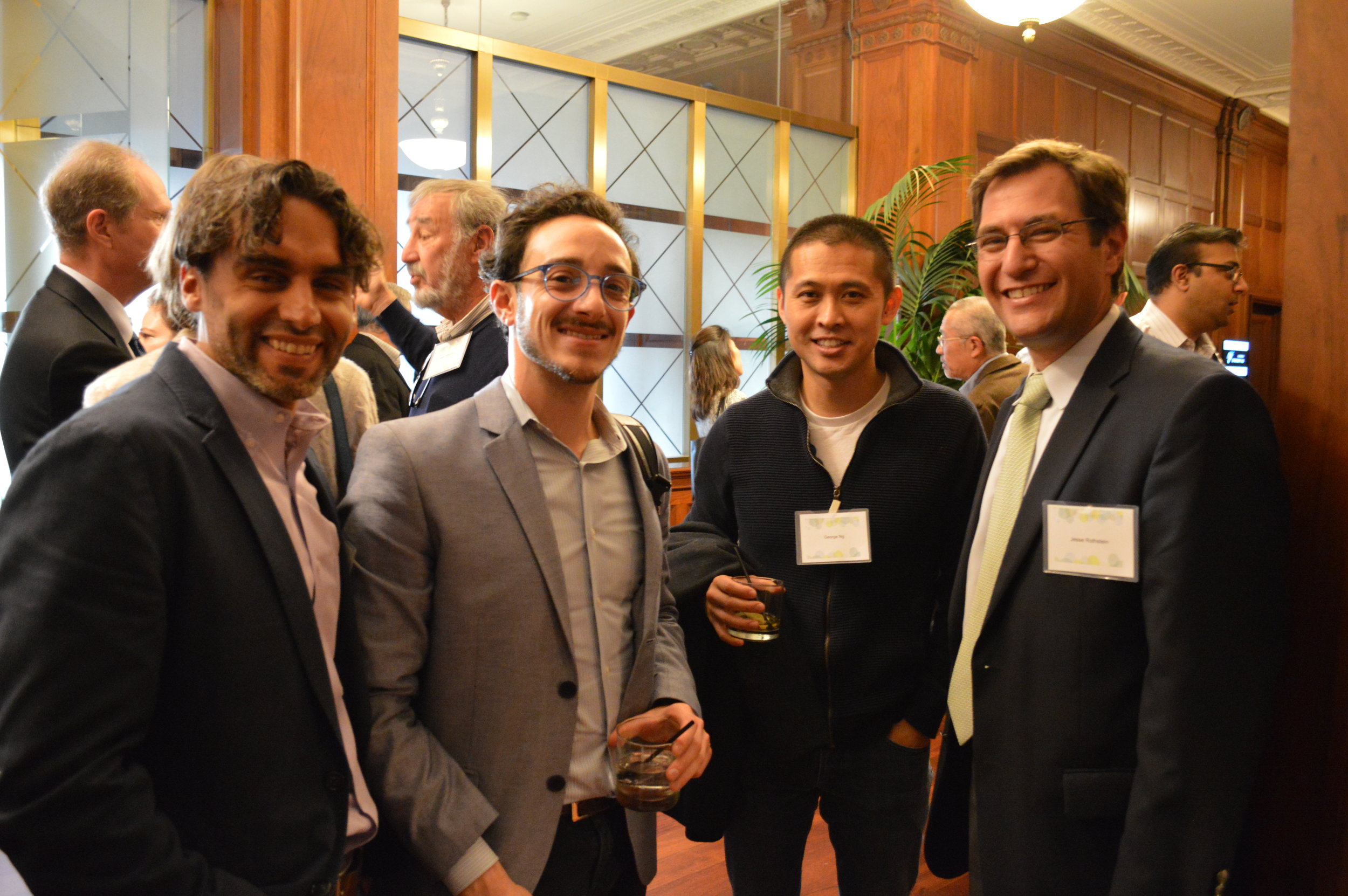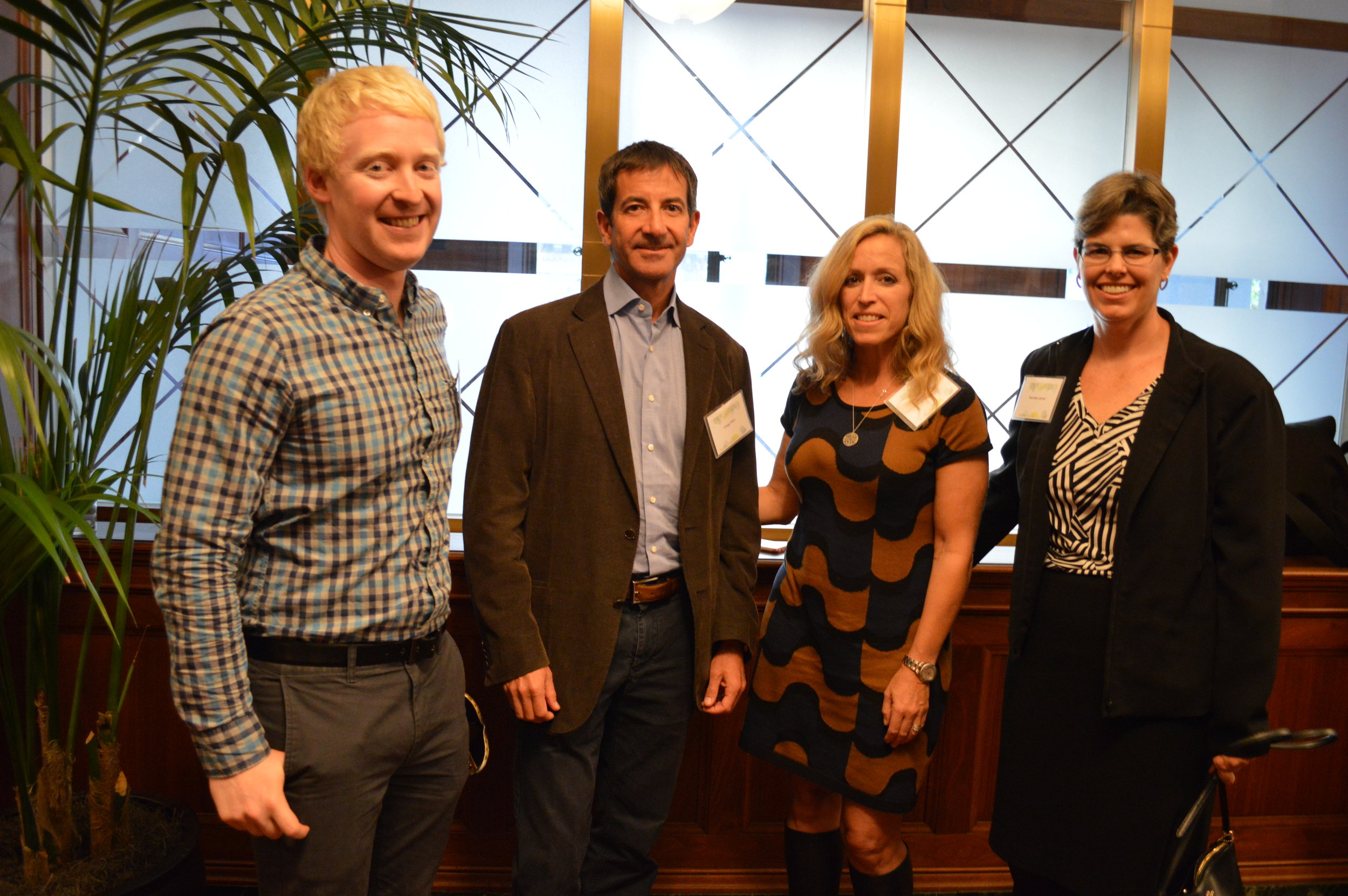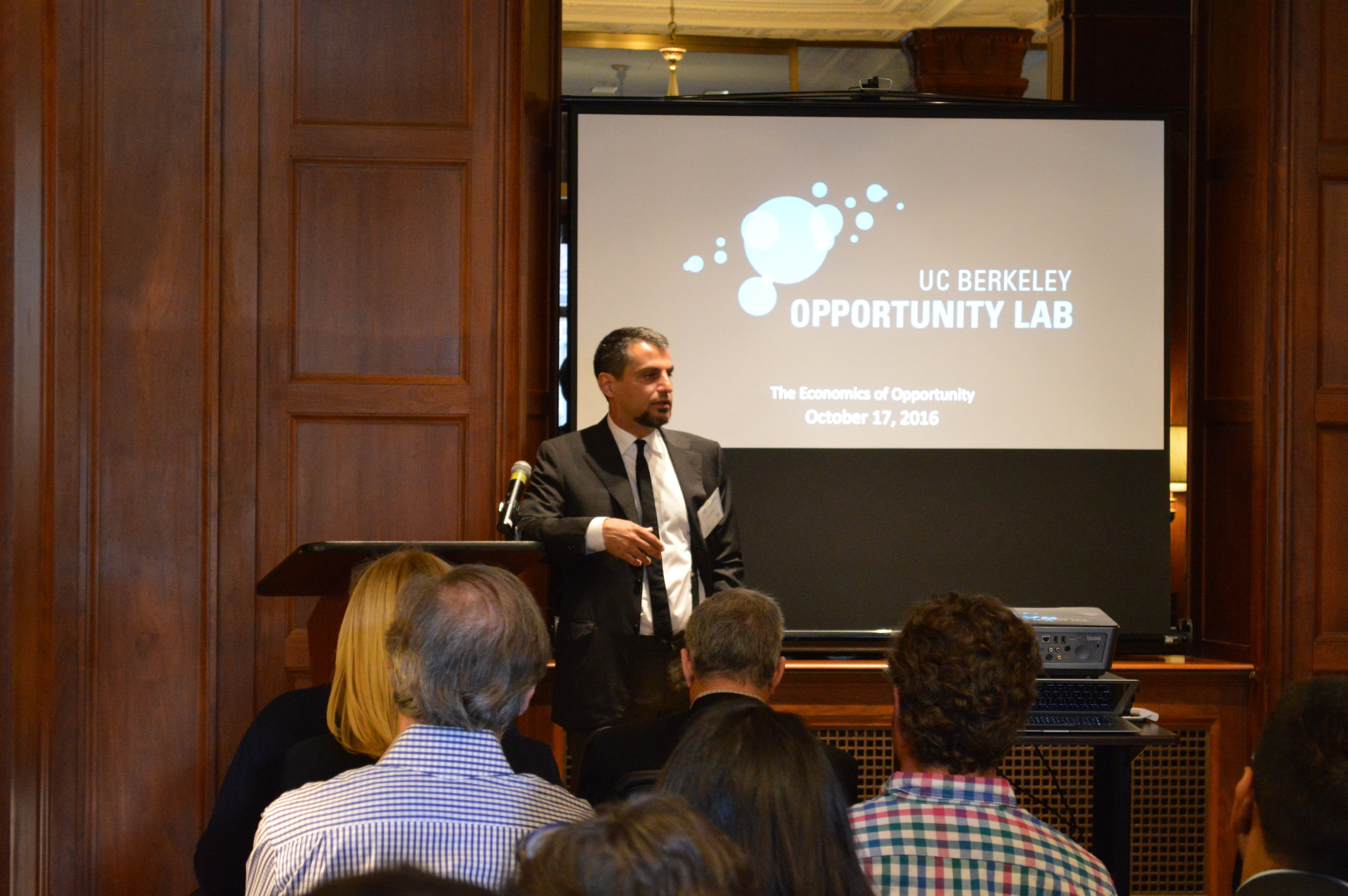"Most people don't realize how much climate affects everything, from their property values to how hard people work," says Solomon Hsiang, a professor of public policy at the University of California, Berkeley, who led a recent study that predicts, as the climate warms, there will be "a large transfer of value northward and westward." And the wealthy, who can afford to adapt, will benefit, while the poor, who will likely be left behind, will suffer. "If we continue on the current path," Hsiang says, "our analysis suggests that climate change may result in the largest transfer of wealth from the poor to the rich in the country's history." Read the full article HERE
Come the Recession, Don’t Count on That Safety Net
The economists Hilary Hoynes of the University of California, Berkeley, and Marianne Bitler of the University of California, Davis, pointed out in a recent paper that “the safety net for low-income families with children has transformed from one subsidizing out-of-work families into one subsidizing in-work families.”
And yet, as many unemployed Americans discovered the last time recession hit, government benefits that require recipients to hold a job become worthless when there is no work to be had. Read full article HERE.
World Inequality Report-Disastrous Policy Widened the Wealth Gap
Source: WID.world (2017)
Emmanuel Saez, Gabriel Zucman, and colleagues at WID released the 2018 World Inequality Report; the world's leading assessment on global inequality. This year's report finds that while inequality has risen world wide, it varies greatly between and even within regions. Stark results for the United States show the consistent decline in share of national income for the bottom 50% while the top 1% experienced unprecedented gains. Read the full report in English HERE, or visit WID.world for more languages.
SNAP: Nutrition Aid Can Provide Long-Term Benefits
"The Supplemental Nutrition Assistance Program (SNAP), also known as "food stamps", is one of the largest anti-poverty programs in the United States, reaching over 44 millionAmericans in 2016, at a cost of $73 billion to the Federal Government. Major policy changes up for consideration in Congress as well as the Trump administration's federal budget proposal could lead to dramatic funding cuts to SNAP. Read the full memo HERE.
Don’t Let Puerto Rico Fall Into an Economic Abyss: New York Times Op-Ed by Solomon Hsiang
Almost nothing on the planet, short of nuclear weaponry, destroys economic value as rapidly as a mega-hurricane. In Puerto Rico, decades of economic progress were undone in 12 hours by Hurricane Maria.
With millions lacking electricity or potable water, avoiding a humanitarian disaster should be President Trump’s top priority.Read Full Article HERE.
How Local Housing Regulations Smother the U.S. Economy: New York Times Op-Ed by Enrico Moretti
If you live in a coastal city like New York, Boston or San Francisco, you know that the cost of housing has skyrocketed. This housing crisis did not happen by chance: Increasingly restrictive land-use regulations in the last half-century contributed to it.
But what appears to be several local housing crises is actually a much more alarming national crisis: Land-use restrictions are a significant drag on economic growth in the United States. Read full article HERE.
Gabriel Zucman on Tax Evasion and Inequality
Image from Gabriel Zucman's book "The Hidden Wealth of Nations: The Scourge of Tax Havens" published in 2015.
Alphachat's Matthew Klein spoke with O-Lab's Gabriel Zucman on tax evasion and inequality. "Using publicly-available data from central banks and the International Monetary Fund, he found that...the discrepancy between reported assets and the associated claims is concentrated in a handful of places known to facilitate tax avoidance." Listen to the full interview HERE and visit our Taxation and Inequality page for more research.
Climate Change Will Increase Inequality
PBS NewHour interviewed O-Lab's Solomon Hsiang on the economic consequences of climate change. Hsiang's findings show that southern counties in the U.S. may lose the equivalent of 20% of their income due to future warming. Watch the interview HERE and read the full paper in Science.
Hilary Hoynes talks #SNAP with the Federal Reserve Bank of Minneapolis
"The War on Poverty was launched over half a century ago, with a host of programs intended to ease the plight of the poor. Food stamps, Medicare, Medicaid, Head Start and programs for job training, adult education and equal opportunity business lending were launched or strengthened. Long before that, the New Deal initiated Aid to Families with Dependent Children, guaranteed pensions, unemployment insurance, the Works Progress Administration and other programs—creating a “social safety net” to protect Americans from economic poverty and related disadvantages." Read the full interview HERE.
The Success of the Earned Income Tax Credit
O-Lab Co-Director Hilary Hoynes contributes to EITC research with an EconoFact memo.
"The Earned Income Tax Credit (EITC) is a major anti-poverty program that benefits both children and adults. It is a program with wide bipartisan support since, by providing a tax credit to lower-income working families in a way that incentivizes work, it both promotes greater labor force participation and supports the working poor. It currently does not provide much support for individuals or households without children, but there has been bipartisan support in the past for an expansion of the program to provide greater benefits to this group as well." Read the full memo HERE.
O-Lab Presents Empirical Research to CalDay Audience
On April 22, three O-Lab affiliated faculty presented some of their most recent research to a captivated audience.
Rucker Johnson, Associate Professor in the Goldman School of Public Policy and a Faculty Research Associate of the National Bureau of Economic Research discussed his research on the synergistic effects of pre-K and K-12 spending on children’s long-run adult attainments.
Danny Yagan, Assistant Professor of Economics and Faculty Lead of O-Lab’s Taxation and Inequality Initiative shared his Mobility Report Cards research, which shows that some colleges have a significant number of students who come from low-income families and end up as high-income adults.
Supreet Kaur, Assistant Professor of Economics, spoke about new advances in the psychology of poverty: how integrating ideas from psychology into economics can help us better understand why it is difficult for the poor to escape poverty. Kaur did this by describing empirical results from field experiments with manufacturing workers that indicate the experience of poverty itself lowers cognitive functioning and worker productivity.
Learn about upcoming events by following us on Twitter, @Berkeley_OLab or signing up for our newsletter by emailing info.olab@berkeley.edu
Do Healthy Lunches Improve Student Test Scores? A new study identifies a link between food quality and achievement.
The Atlantic looked to a new study by O-Lab's Michael Anderson when discussing the link between healthy school lunches and test scores. Professor Anderson's study shows that “Healthier meals could raise student achievement by about 4 percentile points on average.”
It’s not nothing: The role of money in improving education
Mark Dynarski, while writing for the Brookings Institution cites research from O-Lab's Jesse Rothstein and Rucker Johnson to show why increased spending over the long-run improves student outcomes. Read the full article HERE.
Do Regulations Really Kill Jobs?
Climate and Environment Faculty Lead Reed Walker tells The Atlantic that“Benefits from environmental policy far exceed the costs.” Read the full article HERE.
Some Colleges Have More Students From the Top 1 Percent Than the Bottom 60. Find Yours.
New research by Emmanuel Saez and Danny Yagan shows "roughly one in four of the richest students attend an elite college...
In contrast, less than one-half of 1 percent of children from the bottom fifth of American families attend an elite college; less than half attend any college at all."
Read the full article from The New York Times' TheUpshot and view the full report at The Equality of Opportunity Project.
The Earned Income Tax Credit: a key policy to support families facing wage stagnation
"It Turns Out Spending More Probably Does Improve Education"
"Unlocking Government Administrative Data with New California Policy Lab."
UC Berkeley and UCLA are creating a secure data warehouse that will work with government agencies to link administrative data and further research. Read more HERE.
What's Next? The Need for Evidence Based Research
The election may be over, but the need for rigorous research that addresses growing poverty and inequality remains just as vital. On October 17, a group of people gathered at O-Lab's launch event to hear Christina Romer, David Card, and Enrico Moretti discuss education, housing, and the role rigorous evidence based research can play in shaping economic policy. Read more about the event HERE and view the slideshow below.
